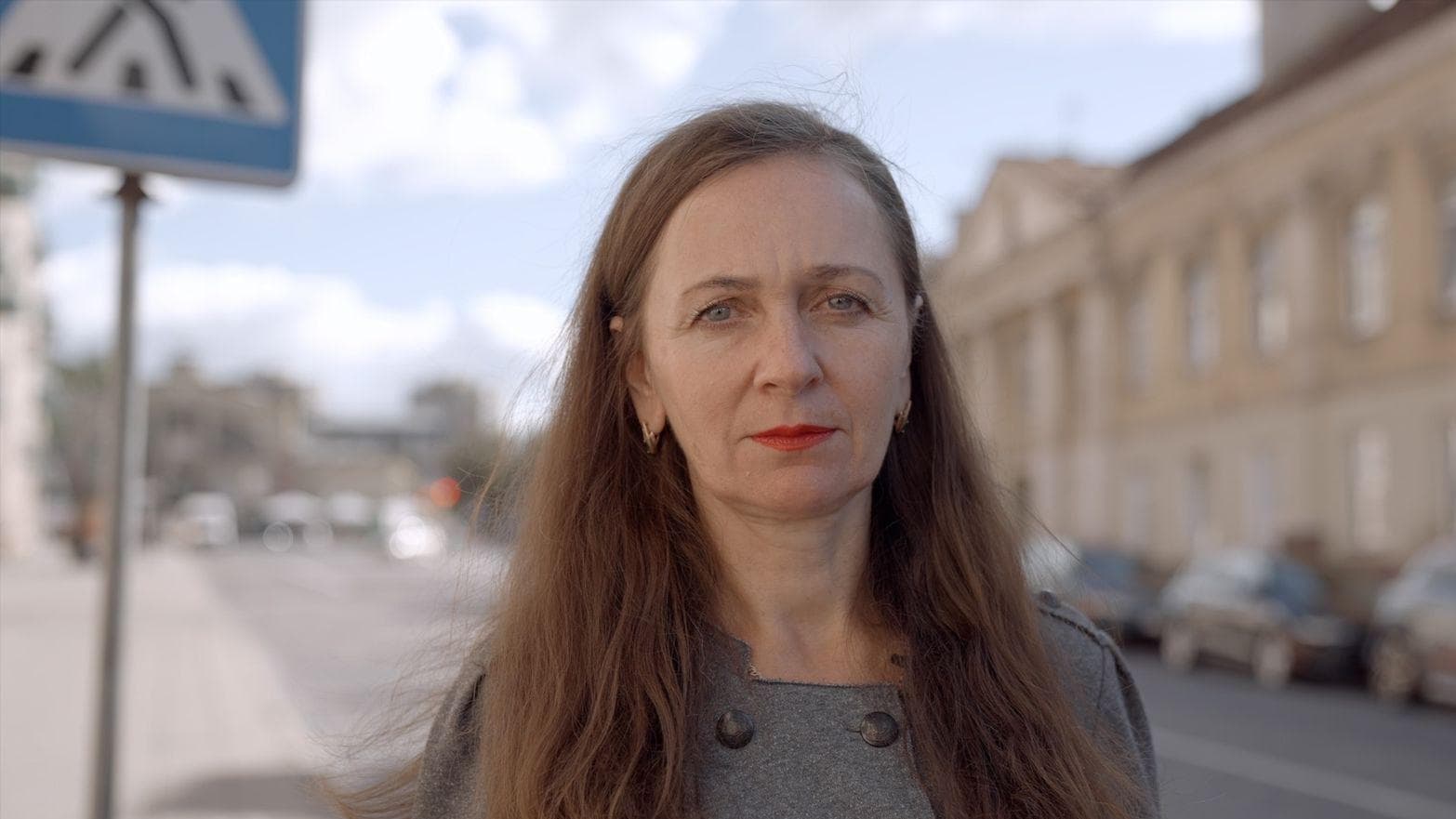We're loading the full news article for you. This includes the article content, images, author information, and related articles.
A deal between Minsk and Washington secures the release of 52 political prisoners, but their forced exile and harrowing accounts of torture cast a harsh light on the human cost of diplomacy.

GLOBAL - In a significant diplomatic exchange on Thursday, September 11, 2025, the government of Belarus released 52 political prisoners as part of a deal with the United States. The agreement, negotiated between Belarusian leader Alexander Lukashenko and the administration of U.S. President Donald Trump, saw a partial lifting of sanctions against Belarus's state-owned airline, Belavia, in return for the prisoners' freedom. However, relief for the freed individuals was short-lived, as they were immediately bussed to the Lithuanian border and forced into exile, a move described by opposition leader Sviatlana Tsikhanouskaya as a “forced deportation.”
The released prisoners, a group including journalists, activists, and several foreign nationals, arrived in Vilnius, Lithuania, without documents, possessions, or a clear future, effectively rendered stateless. Their testimonies paint a grim picture of the conditions within the Belarusian penal system, which human rights organizations have long condemned as rife with abuse.
Among those exiled is Larysa Shchyrakova, a 52-year-old journalist from the city of Homel. She served three years of a three-and-a-half-year sentence on charges of “discrediting Belarus” and “facilitating extremist activity.” During her incarceration, her mother passed away, and authorities denied her permission to attend the funeral. Now in Lithuania, she is unable to visit her mother's grave, return to her son, or reclaim her home. “You lose everything overnight. It's a traumatic thought that at 52, you're essentially homeless,” Shchyrakova told the BBC on October 30, 2025.
In a stark act of defiance, veteran opposition politician Mikola Statkevich, 69, refused to be exiled. A former presidential candidate who has been jailed for years, Statkevich stepped off the bus at the border crossing and insisted on remaining in his homeland. He has not been seen or heard from since. Security camera footage showed him in the border zone before disappearing. His wife, Marina Adamovich, confirmed his intention to stay, stating, “Freedom is subjective... I knew that Mikola would not allow this to happen.” Amnesty International has since classified his case as a “forced disappearance,” and it is widely presumed he was immediately returned to prison.
The experiences of other prisoners highlight the systematic brutality they faced. Mikalai Dziadok, a 37-year-old activist and blogger, spent the last five years in prison, where he was marked with a special yellow tag. This designation, officially for prisoners deemed at risk of suicide or escape, subjected him to harsher treatment and tighter control by guards. Dziadok and other activists have reported severe beatings and torture following their arrests in 2020. His lawyer, Natallia Matskevich, stated in November 2020 that he was gassed, tortured, and forced into a videotaped confession.
These accounts are consistent with numerous reports from international bodies like Amnesty International and Human Rights Watch, which describe torture, denial of medical care, and incommunicado detention as endemic in Belarusian prisons. The UN Special Rapporteur on Belarus noted in October 2024 that the country's engagement with UN human rights systems had reached its “lowest historical point.”
The prisoner release is viewed by analysts as a calculated move by President Lukashenko, who has ruled for over three decades, to use human lives as bargaining chips for sanctions relief and a thaw in relations with the West. The eased sanctions will allow Belavia to service its aircraft and purchase parts, providing a crucial economic lifeline. This deal follows a phone call between Lukashenko and Trump in August 2025, which signaled a potential rapprochement after years of isolation.
While the release of any political prisoner is welcomed, human rights groups and Belarusian opposition figures urge caution. They stress that over 1,000 political prisoners remain behind bars in Belarus and that the fundamental machinery of repression is unchanged. The core issue, they argue, is not the periodic release of individuals but the systematic violation of human rights that continues unabated.
For Kenya and the wider African continent, the events in Belarus carry indirect but significant implications. Sanctions on key Belarusian exports, such as potash fertilizers, have previously been cited as a factor impacting global supply chains and contributing to food insecurity in Africa. This deal underscores the complex interplay between superpower diplomacy, human rights, and economic consequences that reverberate globally, affecting nations far from the immediate conflict zone.
Keep the conversation in one place—threads here stay linked to the story and in the forums.
Sign in to start a discussion
Start a conversation about this story and keep it linked here.
Other hot threads
E-sports and Gaming Community in Kenya
Active 9 months ago
The Role of Technology in Modern Agriculture (AgriTech)
Active 9 months ago
Popular Recreational Activities Across Counties
Active 9 months ago
Investing in Youth Sports Development Programs
Active 9 months ago